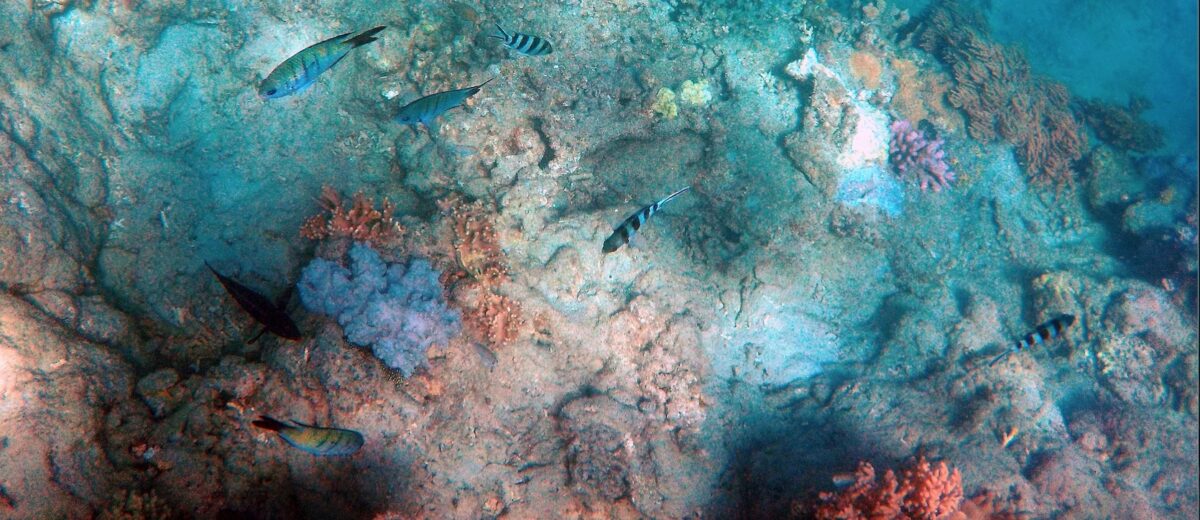There are a lot of precious metals needed for building batteries and other technologies essential for combating climate change, and some of them are found on the ocean floor. In particular, polymetallic nodules are small potato-sized pieces that contain manganese, copper, nickel, and cobalt, as well as traces of rare metals and lithium. Companies have begun exploring the possibility of extracting these nodules to obtain the precious metals they need.
However, extracting these metals from the depths of the ocean can have a significant impact on marine ecosystems, so there is controversy over the validity of this process. There are also questions about the regulation of deep-sea mining and how the environmental impact can be managed.
The United Nations (UN) has debated the issue of deep-sea mining, and the coming months will be crucial in making important decisions. Polymetallic nodules from the depths of the ocean are an important source of precious metals for building the infrastructure needed to combat climate change. However, before deciding whether to extract these metals from the depths of the ocean is justified, the ecological and social implications of this activity must also be taken into account.
Source: MIT Technology Review

